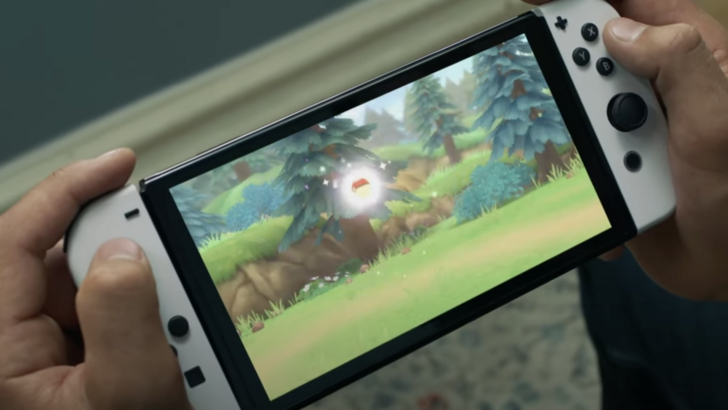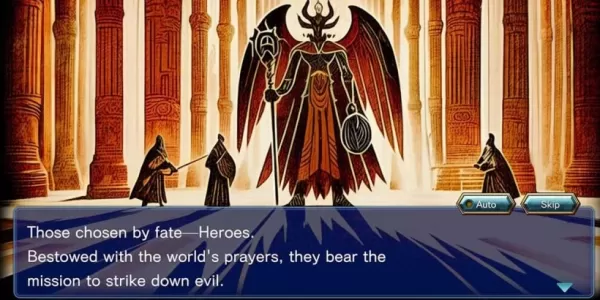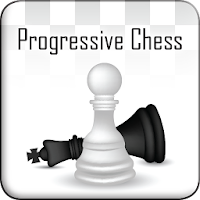"Clair Obscur: Expedition 33 Sparks Debate on Turn-Based Games"
In the ever-evolving landscape of role-playing games (RPGs), the debate between turn-based and action-oriented systems continues to captivate fans and critics alike. The recent release of Clair Obscur: Expedition 33 has reignited this discussion, bringing fresh perspectives to the table. Launched just last week, Clair Obscur: Expedition 33 has quickly garnered acclaim from sources like IGN and many other reviewers, solidifying its status as an outstanding RPG.
The game proudly showcases its inspirations, drawing from classics like Final Fantasy VIII, IX, and X. Producer Francois Meurisse emphasized in an interview with RPGsite that Clair Obscur was designed as a turn-based game from the outset. The game's mechanics reflect influences from both FromSoftware's Sekiro: Shadows Die Twice and the playful combat of Mario & Luigi, incorporating quick-time events for attacks and parrying/dodging for defense. This blend results in a gameplay experience that feels traditional during strategy phases but dynamic during combat, sparking significant discourse on social media.
The success of Clair Obscur has prompted fans to challenge the shift towards action-based mechanics in major RPG franchises, particularly in the Final Fantasy series. Naoki Yoshida, during the media tour for Final Fantasy XVI, explained the move towards action-oriented gameplay as a response to changing player preferences, especially among younger audiences who find turn-based systems less appealing. This shift is evident in recent Final Fantasy titles like XV, XVI, and the VII remake series, each drawing both praise and criticism.
Despite the trend, Square Enix has not abandoned turn-based RPGs entirely. Titles like Octopath Traveler 2 and upcoming releases such as SaGa Emerald Beyond and the Bravely Default remaster for Switch 2 continue to cater to fans of the classic format. While some argue that Clair Obscur represents what Final Fantasy could be, the unique aesthetic and iconography of Final Fantasy cannot be simply swapped out. Reducing Clair Obscur to a mere imitation of Final Fantasy overlooks its innovative elements and distinct identity.
Historical debates about RPGs, such as whether Lost Odyssey was the true successor to Final Fantasy or the ongoing comparisons between Final Fantasy VI and VII, highlight the passionate discussions within the community. Sales considerations, as mentioned by Yoshida regarding Final Fantasy XVI, play a significant role in these decisions. Yet, the impressive sales of Clair Obscur: Expedition 33, reaching 1 million copies in just three days, demonstrate the potential for turn-based games to thrive.
Other turn-based RPGs like Baldur's Gate 3 and Metaphor: ReFantazio have also achieved both critical acclaim and commercial success, challenging the notion that turn-based games are less viable in today's market. The success of Clair Obscur is a testament to the creativity and dedication of its developers at Sandfall Interactive and Kepler, signaling a promising future for mid-budget RPGs.
While Clair Obscur's success is inspiring, it does not necessarily indicate a need for a radical shift in the Final Fantasy series. Square Enix's recent titles like Final Fantasy XVI and FF7 Rebirth have faced challenges meeting sales expectations, influenced by broader trends in the gaming industry and the high costs of production. The key takeaway from Clair Obscur's triumph is the importance of authenticity and innovation. As Larian CEO Swen Vincke noted, investing in a high-budget game with genuine passion can yield exceptional results, emphasizing the value of creating games that resonate with both developers and players.
-
1
![Roblox Forsaken Characters Tier List [UPDATED] (2025)](https://imgs.ksjha.com/uploads/18/17380116246797f3e8a8a39.jpg)
Roblox Forsaken Characters Tier List [UPDATED] (2025)
Mar 17,2025
-
2

Roblox UGC Limited Codes Unveiled for January 2025
Jan 06,2025
-
3
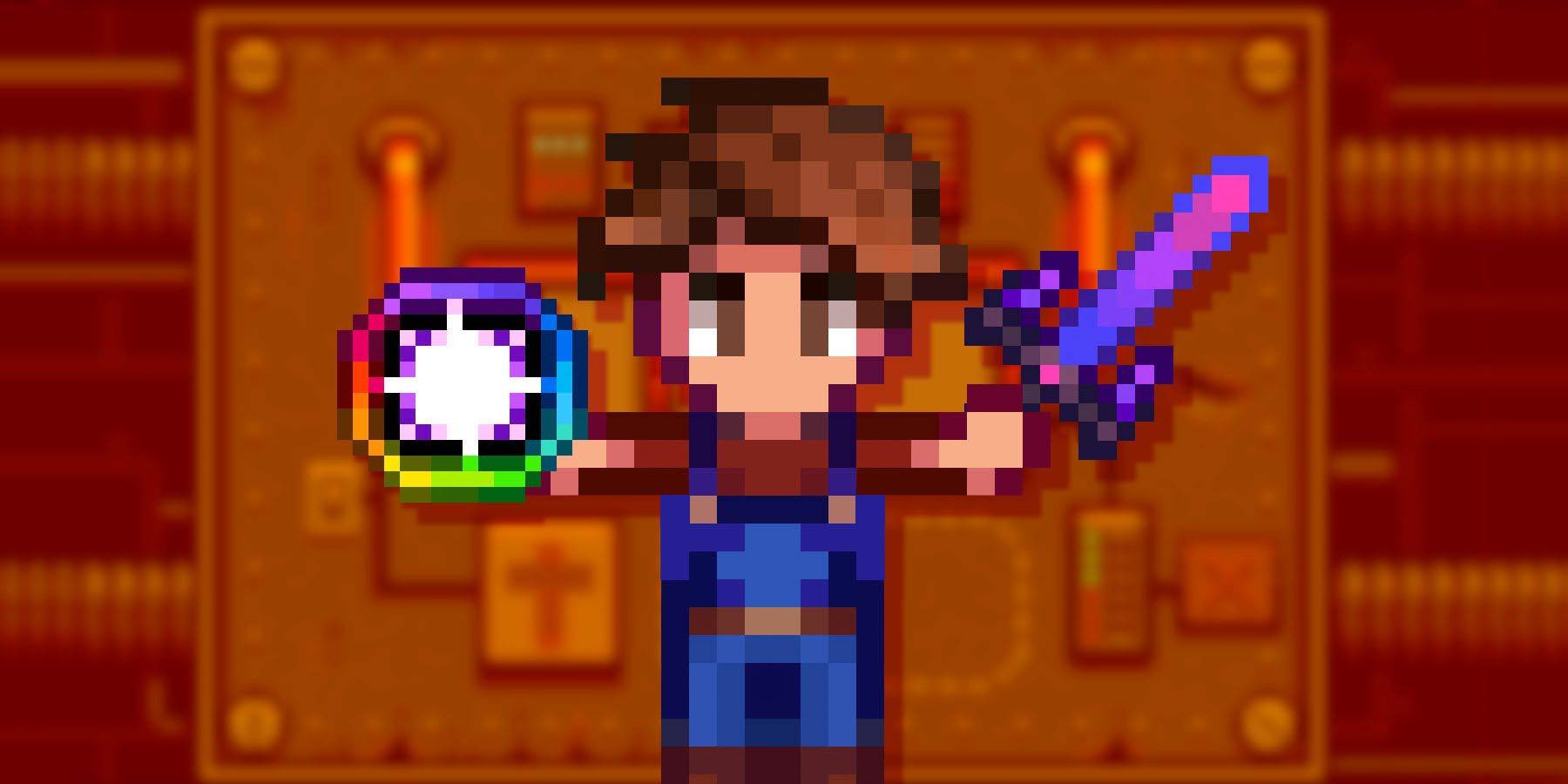
Stardew Valley: A Complete Guide To Enchantments & Weapon Forging
Jan 07,2025
-
4

Pokémon TCG Pocket: Troubleshooting Error 102 Resolved
Jan 08,2025
-
5

Free Fire Characters 2025: Ultimate Guide
Feb 20,2025
-
6
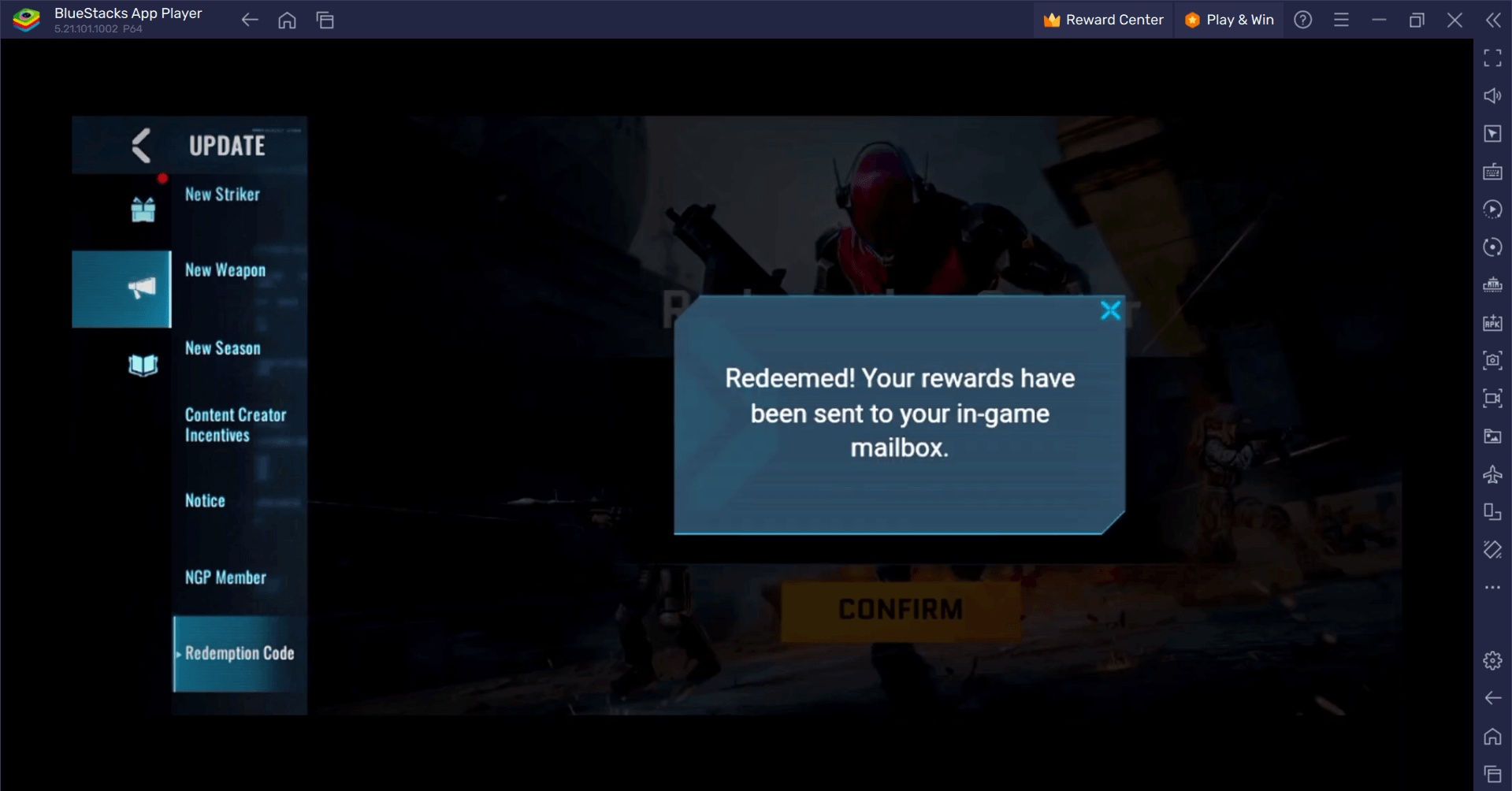
Blood Strike - All Working Redeem Codes January 2025
Jan 08,2025
-
7

Blue Archive Unveils Cyber New Year March Event
Dec 19,2024
-
8
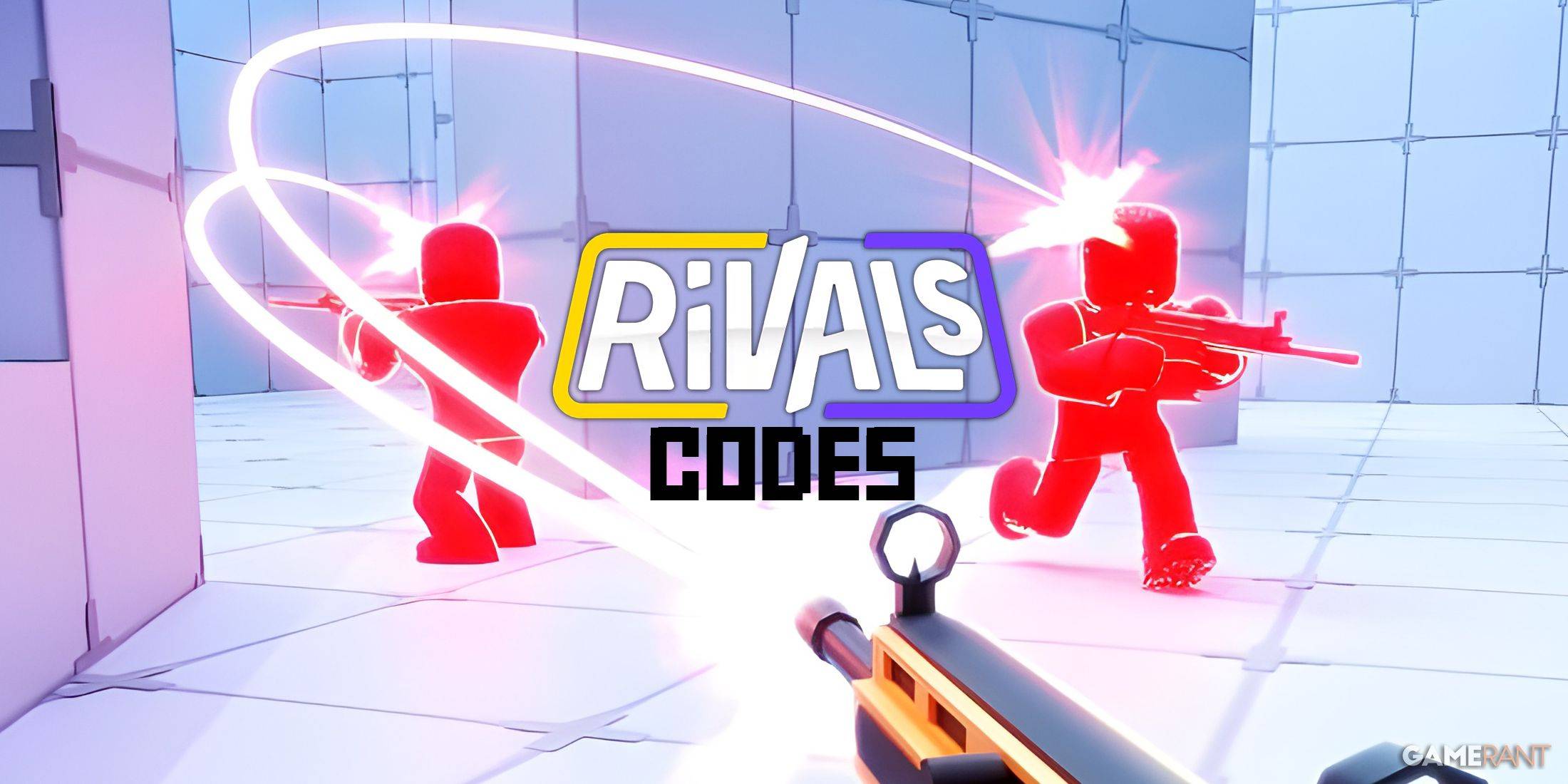
Roblox: RIVALS Codes (January 2025)
Jan 07,2025
-
9

Cyber Quest: Engage in Captivating Card Battles on Android
Dec 19,2024
-
10
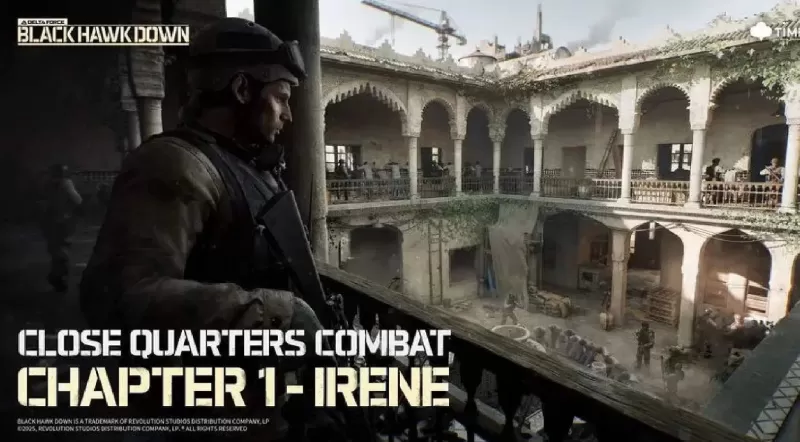
Delta Force: A Complete Guide to All Campaign Missions
Apr 09,2025
-
Download

A Simple Life with My Unobtrusive Sister
Casual / 392.30M
Update: Mar 27,2025
-
Download

Random fap scene
Casual / 20.10M
Update: Dec 26,2024
-
Download
![Corrupting the Universe [v3.0]](https://imgs.ksjha.com/uploads/66/1719514653667db61d741e9.jpg)
Corrupting the Universe [v3.0]
Casual / 486.00M
Update: Dec 17,2024
-
4
Ben 10 A day with Gwen
-
5
Oniga Town of the Dead
-
6
A Wife And Mother
-
7
Cute Reapers in my Room Android
-
8
Permit Deny
-
9
Utouto Suyasuya
-
10
Roblox

